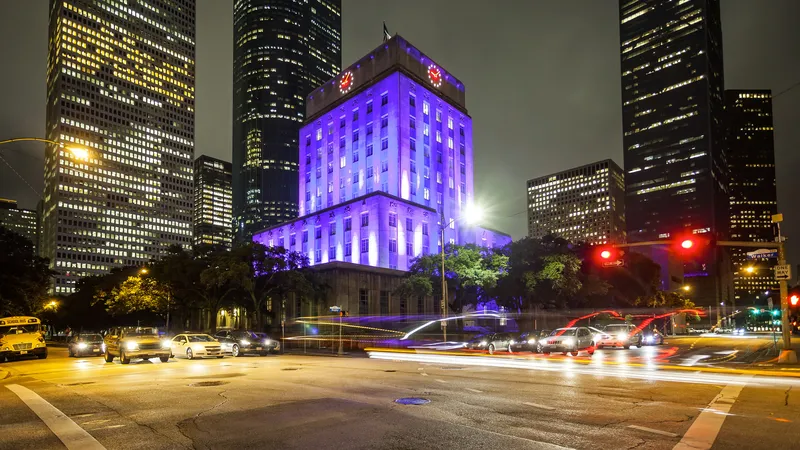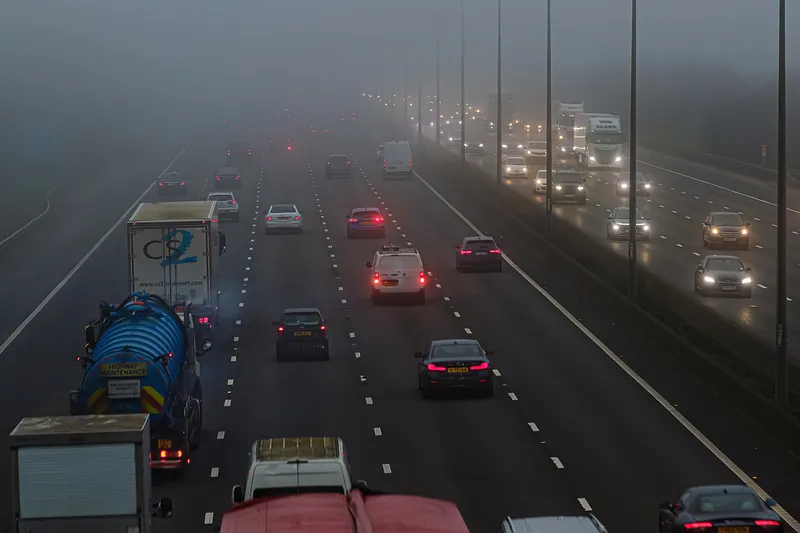
Econolite is to provide traffic signal maintenance as part of a comprehensive three-year, $4.2 million contract in Houston, Texas.
The city is the largest in the US (by total geographic area), covering 630 square miles, and its highway network contains more than 2,500 traffic signals over 16,000 lane miles.
The city’s Transportation and Drainage Operations Division, part of its Public Works Department, oversees the network.
Econolite will provide both preventative and reactive maintenance, including the repair of traffic devices that have failed, along with alterations or upgrades, including safety and operational improvements to devices and the roadway.
In all, the company will be responsible for every traffic and pedestrian signal, plus detection sensors, traffic controllers and cabinets, battery back-up systems, roadway signage (including dynamic message signs), CCTV cameras, highway lighting, traffic control beacons and power systems for the city’s traffic control systems and related components.










